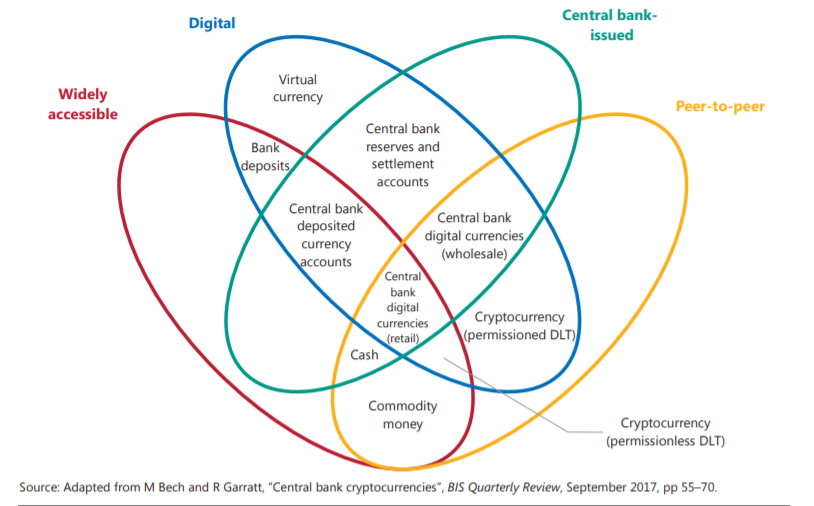The “Central Bank of Central Banks” recently released a 24-page report taking a hard stance against the cryptocurrency movement and the mainstream application of the technology.
The Bank for International Settlements (BIS) “fosters international monetary and financial cooperation and serves as a bank for central banks,” and presumably the recent crypto-doomsday report was carried out by well-informed experts in the banking sector. Despite the promising adoptive measures we’ve seen throughout the crypto-ecosystem in recent months, the report suggests that permissionless cryptocurrencies simply have no use case as a monetary instrument.
We’ve covered the report in this article which summarizes the findings of the report nicely. What I’d like to discuss is the bank’s motive. Is it skeptical to believe that the BIS is pushing their agenda above the facts with this report? Is it naive to believe that cryptocurrency can really threaten banks to the point where they’d try something like that?
The Case for Central Banks Central banks are vital for the use of fiat currency, there’s no doubt about it.
These organizations control the supply of fiat currencies in order to control inflation – failure to do so can result in currency runs as seen in Egypt, Venezuela, and Argentina where the cost of living has skyrocketed due to plummeting currency values.
Without central banks the world economy would have no way of regulating unbacked, uncollateralized fiat currency, resulting in widespread economic chaos and disaster. Even the firmest advocates of cryptocurrency as the only form of currency will probably agree that these institutions can’t simply be replaced overnight if they’re ever to be replaced at all.
“The tried, trusted and resilient way to provide confidence in money in modern times is the independent central bank.
This means agreed goals: clear monetary policy and financial stability objectives; operational, instrument and administrative independence; and democratic accountability, so as to ensure broad-based political support and legitimacy.”
The Case Against Cryptocurrency
Let’s get into what the report had to say about permissionless cryptocurrencies.
Lack of accountability
Because permissionless cryptocurrencies are often decentralized, BIS points out that there’s nobody to be held accountable if something goes wrong, and considers decentralization to be a flawed system.
“Trust can evaporate at any time because of the fragility of the decentralised consensus through which transactions are recorded.
”
High energy consumption, inefficiency
Proof of Work cryptocurrencies do indeed consume a lot of energy, with Bitcoin alone currently consuming more power than the nation of Ireland. The inefficiency refers to the scaling issues that are faced by current-generation blockchains.
Blockchain forks create transaction uncertainty
The report refers to an incident in 2013 when Bitcoin split in two for 6 hours (24 blocks), resulting in transactions being voided after users thought they had been completed. If blockchains can simply split into two, how can they be trusted with user funds? It’s a fair point to raise.
That essentially wraps up the report , but there’s one thing that the BIS didn’t bring up that I’d like to get into in the spirit of fairness.
The Case Against Central Banks Did they forget this part?
I could easily write my own 24-page report on this, but I’ll spare you. Let’s take a look at the main points the BIS raised against permissionless cryptocurrencies.
Lack of accountability
Cryptocurrency was arguably invented precisely to combat the corruption and lack of accountability in the banking system and among central banks around the world. Recently the governor of the Latvian central bank stood down amid a corruption scandal , to refer to one of many examples..
